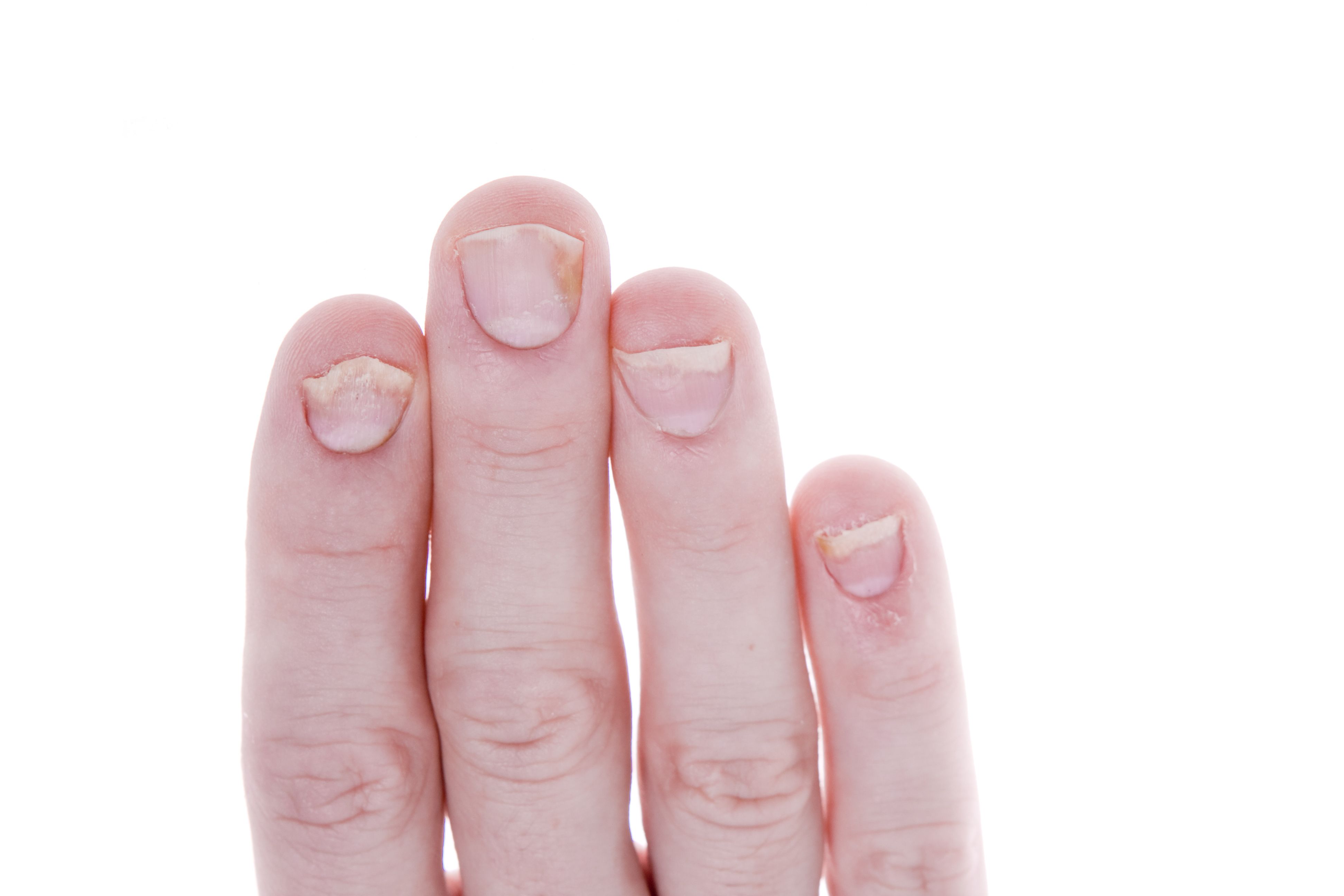Article
Tofacitinib Improves Quality of Life Indicators in Psoriatic Arthritis Study
Author(s):
A clinical trial presented at the Clinical Congress of Rheumatology West in San Diego last month shows that the oral JAK inhibitor tofacitinib improved the signs, symptoms and quality of life for patients with psoriatic arthritis who have not had an adequate response to DMARDs or TNF inhibitors.
A clinical trial presented at the Clinical Congress of Rheumatology West in San Diego last month shows that the oral JAK inhibitor tofacitinib improved the signs, symptoms and quality of life for patients with psoriatic arthritis who have not had an adequate response to DMARDs or TNF inhibitors. (©Qingwa,AdobeStock)

A clinical trial presented at the Clinical Congress of Rheumatology West in San Diego last month shows that the oral JAK inhibitor tofacitinib improved the signs, symptoms and quality of life for patients with psoriatic arthritis who have not had an adequate response to DMARDs or TNF inhibitors.
The study, which led by Jospeh Merola, M.D., a dermatologist from Brigham and Women’s Hospital, included 816 patients with active psoriatic arthritis who had an inferior response to one or more csDMARDs and were either TNFi naïve or had an inadequate response to one or more TNFi. Patients were randomly assigned to either 5 mg twice-daily or 10 mg twice-daily tofacitinib or placebo. Improvements were noted at three months as compared to placebo.
The study included an analysis of the OPAL Beyond and OPAL Broaden clinical trials. In OPAL Broaden, adalimumab 40 mg subcutaneous once every 2 weeks was included as an active comparator. Patients randomized to placebo were changed to tofacitinib at month three. 73.9 percent of patients from the OPAL Braden trial and 62.7 percent in OPAL Beyond had 3 percent or more affected body surface area (BSA). The average PASI score for this group, as well as those patients with PASI greater than zero, was 9.2 and 10.7, respectively. For both groups, the average Dermatology Life Quality Index score was 8.8.
Overall, at three months, more patients receiving either tofacitinib dose achieved PGA-PsO response than did those in placebo therapy. Tofacitinib patients also experienced greater improvements over their baseline itch severity and quality of life factors.
REFERENCE
Merola J, et. al., Tofacitinib in psoriatic arthritis patients: skin signs and symptoms and health-related quality of life from two Phase 3 studies, Clinical Congress of Rheumatology West 2019, Sept. 30, 2019.




